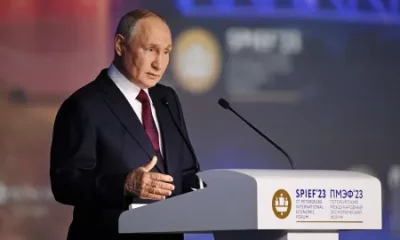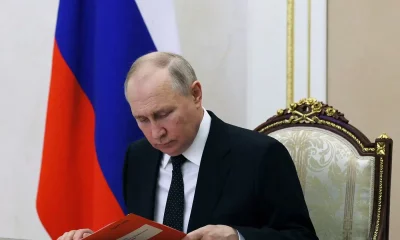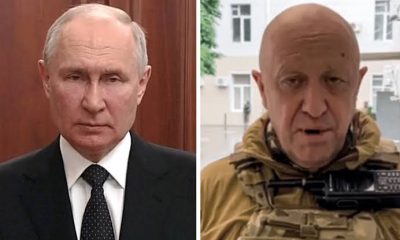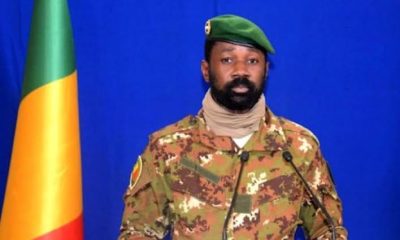Foreign
African leaders press Putin to end Ukraine war, restore grain supplies

African leaders pressed Russian President Vladimir Putin on Friday to move ahead with their peace plan to end the Ukraine conflict and to renew a deal on the safe wartime export of Ukrainian grain that Moscow tore up last week.
While not directly critical of Russia, their interventions on the second day of a summit were more concerted and forceful than those that African countries have voiced until now.
They served as reminders of the depth of African concern at the consequences of the war, especially rising food prices.
“This war must end. And it can only end on the basis of justice and reason,” African Union Commission Chairman Moussa Faki Mahamat told Putin and African leaders in St Petersburg.
“The disruptions of energy and grain supplies must end immediately.
“The grain deal must be extended for the benefit of all the peoples of the world, Africans in particular,” Mahamat added.
Reuters reported in June that the African plan floats a series of possible steps to defuse the conflict including a Russian troop pull-back, removal of Russian tactical nuclear weapons from Belarus, suspension of an International Criminal Court arrest warrant against Putin, and sanctions relief.
Putin gave it a cool reception when African leaders presented it to him last month.
On Friday, he said Moscow respected the proposal and was carefully studying it, with Ukraine due to be discussed later at a working dinner.
Congo Republic President Denis Sassou Nguesso said the African initiative “deserves the closest attention”, calling “urgently” for peace.
Senegalese President Macky Sall called for “a de-escalation to help create calm”, while South African President Cyril Ramaphosa said he hoped that “constructive engagement and negotiation” could help end the conflict.
The stream of calls prompted Putin repeatedly to defend Russia’s position and place the blame on Ukraine and the West.
He said it was Kyiv that was refusing to negotiate under a decree passed shortly after he claimed last September to have annexed four Ukrainian regions that Russia partly controls.
Russia has long said it is open to talks but that these must take account of the “new realities” on ground.
Ukrainian President Volodymyr Zelenskiy has rejected the idea of a ceasefire now that would leave Russia in control of nearly a fifth of his country and give its forces time to regroup after 17 grinding months of war.
AU chair Azali Assoumani offered some support for Putin’s line, saying the Russian leader had shown his readiness to talk, and “now we have to convince the other side”.
At the summit, Egyptian President Abdel Fattah al-Sisi urged Russia to revive the Black Sea grain deal which, until Moscow refused to renew it last week, had allowed Ukraine to export grain from its ports in spite of the conflict.
Egypt is a big buyer of grain via the Black Sea route, and Sisi told the summit it was “essential to reach agreement” on reviving the deal.
Putin responded by arguing, as he has in the past, that rising world food prices were a consequence of Western policy mistakes long predating the Ukraine war.
He has repeatedly said Russia quit the agreement because the deal was not getting grain to the poorest countries and the West was not keeping its side of the bargain.
Foreign
3 teens arrested in Germany for allegedly plotting terror attack
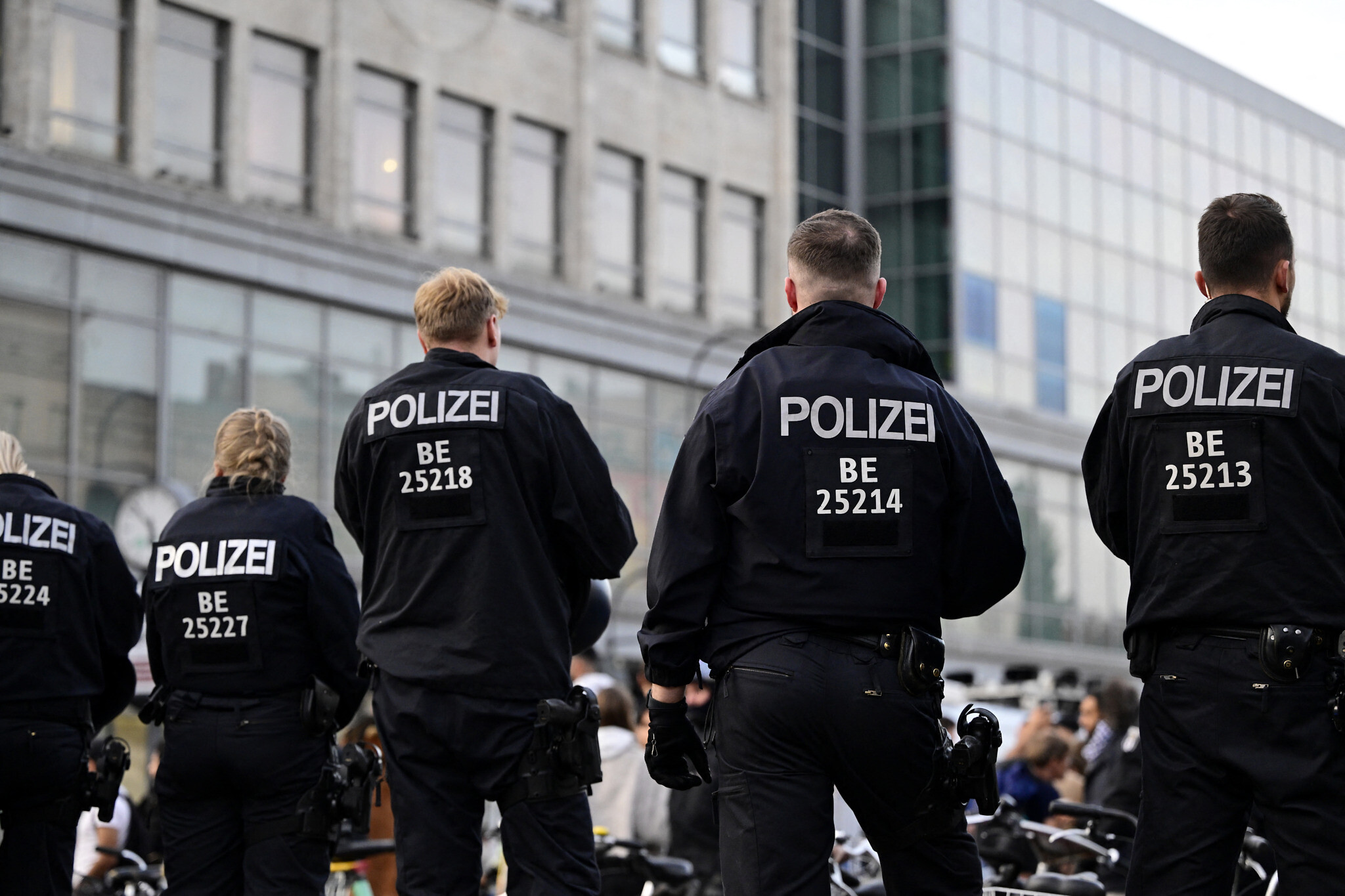
German authorities have arrested three teenagers aged 15 and 16 on suspicion of plotting a deadly Islamist terrorist attack in the western German state of North Rhine-Westphalia, prosecutors said on Friday.
The state’s Central Office for the Prosecution of Terrorism (ZenTer NRW) sought an arrest warrant for the teenagers over the Easter holiday.
They were suspected of plotting a terrorist attack in accordance with the aims and ideology of (extremist militia organisation) Islamic State.
The detained suspects are a 15-year-old girl from Dusseldorf, a 16-year-old girl from the Märkischer Kreis district and a 15-year-old boy from the Soest district, located about 100 kilometres to the east of Dusseldorf.
A fourth suspect has reportedly been identified in the south-western German state of Baden-Württemberg, and the local court there has issued an arrest warrant.
According to the investigators, the teenagers are accused of having agreed to commit murder and manslaughter.
This is in conjunction with the preparation of a serious act of violence endangering the state.
The presumption of innocence applied in all stages of the proceedings.
Security sources told newsmen that the young people had formed a chat group, but had not drawn up a concrete attack plan for a particular time and place.
However, sources said the cities of Dortmund, Dusseldorf and Cologne were discussed as targets, and attacks with knives and Molotov cocktails on people in churches or police officers in police stations had been considered.
The sources said authorities had also conducted searches as part of the investigation.
A machete and a dagger were seized in Dusseldorf, but no evidence of the construction of incendiary devices was discovered.
Sources said the father of the Dusseldorf suspect had already attracted attention from authorities in the past because he had allegedly collected donations for the Islamic State.
The investigators declined to reveal how the suspected terrorists were tracked down, but said that foreign intelligence agencies “did not play a role.”
Foreign
Putin Registers As Candidate For Russia’s Next Presidential Election
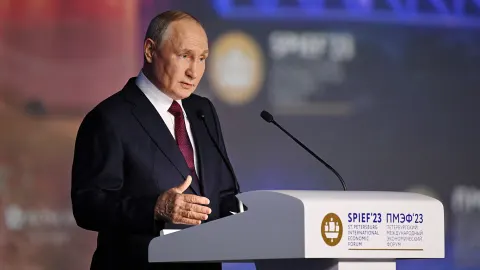
Russia on Monday officially recognised Vladimir Putin as a candidate for the presidential elections in March, a vote that he is all but certain to win.
The 71-year-old has led Russia since the turn of the century, winning four presidential ballots and briefly serving as prime minister in a system where opposition has become virtually non-existent.
The Central Election Commission said it had registered Putin, who nominated himself, as well as right-wing firebrand and Putin-loyalist Leonid Slutsky as candidates for the vote.
The election will be held over a three-day period from March 15 to 17, a move that Kremlin critics have argued makes guaranteeing transparency more difficult.
Following a controversial constitutional reform in 2020, Putin could stay in power until at least 2036.
Rights groups say that previous elections have been marred by irregularities and that independent observers are likely to be barred from monitoring the vote.
While Putin is not expected to face any real competition, liberal challenger Boris Nadezhdin has passed the threshold of signatures to be registered as a candidate.
However, it is still unclear if he will be allowed to run, and the Kremlin has said it does not consider him to be a serious rival.
-
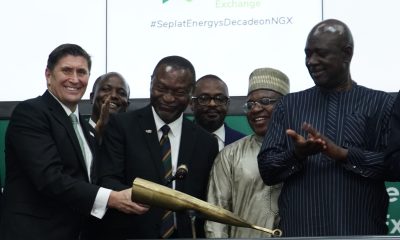
 Business5 days ago
Business5 days agoSeplat Energy celebrates a decade of Dual Listing with Bell Ringing Ceremony at Nigerian Stock Exchange
-
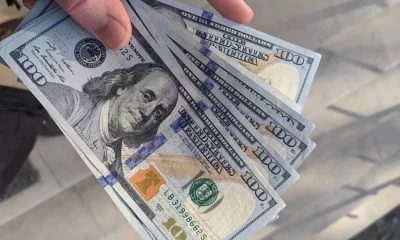
 News5 days ago
News5 days agoBDCs now buying dollar at ₦980 — ABCON President
-
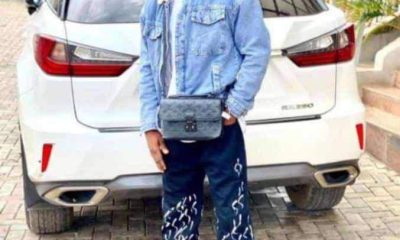
 Metro5 days ago
Metro5 days agoOsun Poly Student, Olanrewaju Olatona killed by hit-and-run one-way driver
-
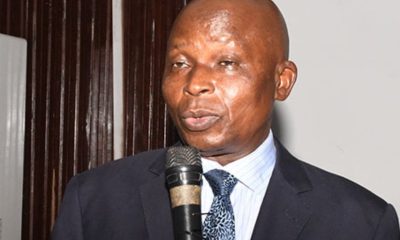
 Headline5 days ago
Headline5 days agoFagbemi warns against obstructing EFCC from performing its lawful duty
-
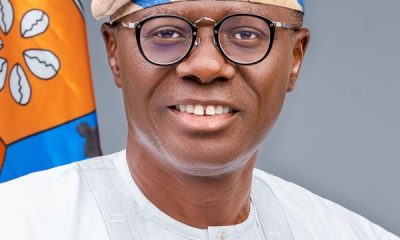
 News5 days ago
News5 days agoLASG’s maize palliative impactful, says poultry association chair
-

 News5 days ago
News5 days agoWoman killed while crossing road in Anambra

